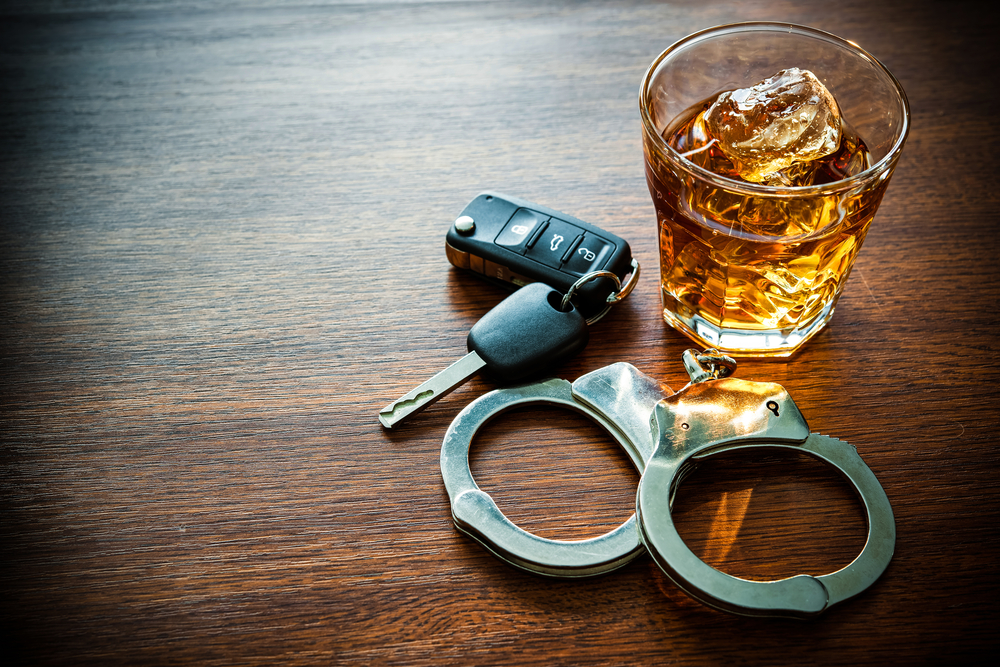
When you have been arrested for driving under the influence (DUI), many questions may be on your mind including whether you will lose your license, get fined, or go to jail. Driving while intoxicated, driving under the influence, and refusal to perform a breath test, are all serious offenses in New Jersey and should be handled with the help of a Piscataway DUI lawyer from our firm.
Our experienced criminal defense attorney understands the stakes. With 16 years under her belt, she could stand in your corner and leave no aspect of your defense to chance.
Establishing Proof of Driving Under the Influence
Necessary elements of a violation of New Jersey’s drinking and driving statute are: (1) proof of operation; and (2) a motor vehicle. The element of “operation” is customarily established through actual observations of operation or circumstantial evidence demonstrating operation. It is not essential that the State prove actual physical movement of the vehicle to satisfy the requirement of operation but simply that it was the motorist’s intention to operate the vehicle and that the vehicle was capable of moving. The State typically attempts to establish “intent” by presenting evidence that the defendant placed the keys of the vehicle in the ignition and/or that the vehicle was running. We are aware of the complexities of the issue of “operation” and we are prepared to defend our clients.
The State must also prove that you were intoxicated. Intoxication is defined as “substantial deterioration or diminution of the mental faculties or physical capabilities of a person” resulting from ingestion of alcohol or drugs. Intoxication from alcohol is established through breath test samples or blood tests demonstrating a blood alcohol content at or above the legal limit of .08%. The current mechanism for testing breath samples in New Jersey is a device commonly referred to as a breathalyzer. The breathalyzer is not infallible and has caused a great deal of litigation.
If the state is unable to establish a violation through breath sample or blood, law enforcement may attempt to establish intoxication through field sobriety testing, which are subject to interpretation. There are many defenses to driving while intoxicated that a Piscataway DUI attorney can employ to defend such a charge.
What are the Penalties for DUI in New Jersey?
DUIs carry significant penalties. Punishments vary according to whether it was a first or repeat offense as well as the level of alleged intoxication. In addition to fines, jail time, and other consequences, DUIs carry additional costs (including court fees, payments to restitution funds, and DMV surcharges) that could add up to hundreds and even thousands of dollars of extra financial costs.
A first offense with a BAC of between 0.08 and 0.10 percent is punishable by a fine of between $250 and $400, alcohol screening and education, up to 30 days in jail, and a suspended license pending installation of an ignition interlock device (which must be left on for three months).
A first offense with a BAC of 0.15 percent or higher increases penalties to a fine of up to $500, as well as license suspension for four to six months followed by another nine to 15 months with an ignition interlock device.
Sentences for second and third offenses included fines between $500 and $1,000, community service, up to 180 days in jail, two to eight-year license suspension, and an interlock device.
DUI sentencing is complicated. Anyone who has been accused of this offense—whether for the first time or not—could benefit from a case-specific evaluation by a DUI lawyer who knows the ins and outs of DUI laws in Piscataway.
Potential DUI Defenses
Even though DUI penalties can be severe, potential defenses exist. These might include
- The chemical test was flawed
- The evidence was contaminated
- The field sobriety test was unreliable
- The officer did not have probable cause for the arrest
- The officer did not have reasonable suspicion for the stop
- The officer failed to Mirandize the defendant prior to questioning
- The defendant had a health condition that confused the test results
A Piscataway DUI attorney could thoroughly review the details of your situation to determine the best way to handle the charges.
Contact a Piscataway DUI Attorney
A DUI can significantly impact your life and livelihood. You might have been overcharged or even flat-out wrongfully accused. Whatever the situation, you could have defenses available and ways to fight the case.
You do not need to face this alone. A Piscataway DUI lawyer could help. Call today for a consultation.
